Turn on the news do you hear about victims of natural or man-made disasters executing their emergency plan and that plan kept them safe, secure, and stable? They are affected when they are on vacation or business travel or at home. I don’t hear it mentioned very often. I do hear about individuals being surprised by mother nature and not knowing what to do.
These natural disasters; springtime floods, Atlantic or Pacific hurricane season, wildfires, blizzards, the Zombie Apocalypse – we all accept the fact Mother Nature has the final say, regardless of where we live or travel. Knowing that, you need to be as prepared as possible.
At home we think of insurance for your property and belongings. We design our safety regime so that we have basic physical security precautions in place to ensure the safety of ourselves, and loved ones. When we travel, we rely on the planning of others, but we still should be thinking about the appropriate travel insurance to have on hand - trip, health, evacuation, etc.
“Are you prepared? Is your business prepared? Is your host prepared?
Do you have an emergency plan at home?
Well, do you have an emergency plan?
The U.S. government’s FEMA (Federal Emergency Management Agency) at www.ready.gov has a wealth of information available for you.
FEMA included recommended lists, such as:
- Emergency kit lists for children/infants
- Emergency kit lists for the aging and elderly
- Emergency kit lists for pets - cats and dogs
- Live rural? they have a list
- Have farm animals? There is a list.
- How much food to have on hand for sheltering in place - they have a list.
When you check into a hotel, posted on the back of the door is your evacuation plan. Do you read it? When you go on a cruise, the first order of business is the lifeboat drill and they too have your emergency evacuation plan on the back of the door. Most establishments also include these plans in a folder or binder. We don’t read them, just like we tune out the flight attendant given us the inflight safety briefing.
Back to our homes. FEMA recommends and I concur, designate a family member outside of your area code (general area) as the emergency contact. We also recommend you have a trusted contact for medical, financial, and residence decision making in the event of an emergency. Use this same methodology when you travel - leaving copies of your passport and wallet with this designated emergency point of contact.
You’re in an emergency, what now?
The first thing all families need is an escape plan in the event of emergency.
People with plans don’t panic, they simply put their plan into action.
At home, the plan should include having easy access to the store of emergency goods you corralled from the FEMA list. Easy access means, grab and go.
But the most important thing about an evacuation is having in your plan how the family will reconnect with one-and-other after the evacuation.
We read over and over again of family becoming separated due to natural disasters, and taking days and weeks to find one and other - because they are relying on technology such as telephone, which may be restricted or non-existent. Having a plan in place goes along way in maintaining peace of mind.
Here’s a general overview from FEMA on disaster preparedness.
View in FEMA Multimedia Library
 Travel Securely Securely Travel
Travel Securely Securely Travel
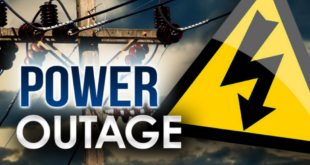
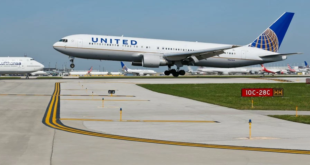
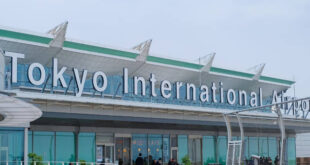
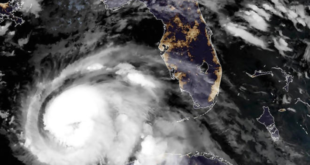
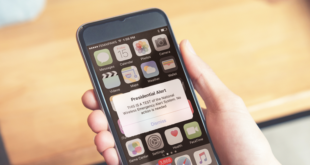
One comment
Pingback: Securely Travel Brief - 14 June 2018 | Securely Travel